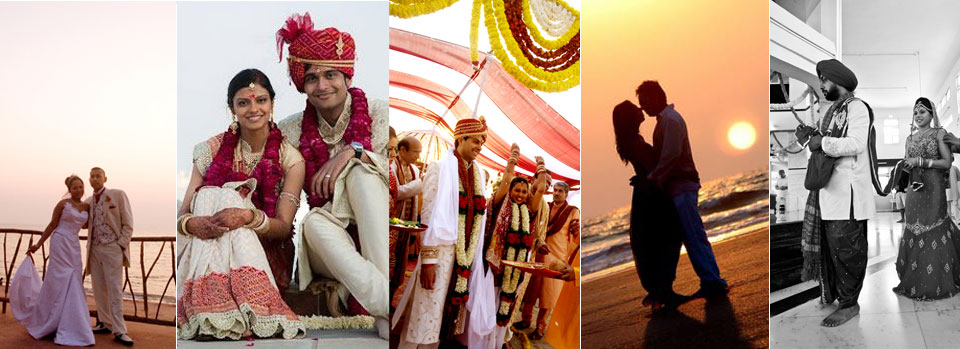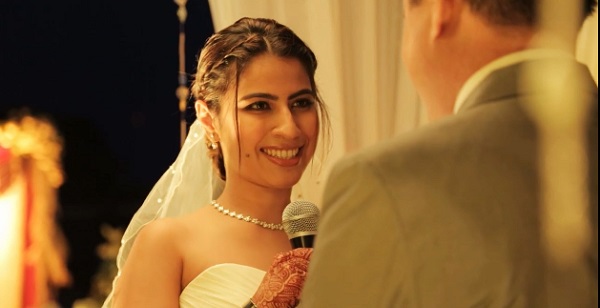Wedding coordinators play an important role as professionals within the industry. A consultant’s primary function is to help a couple learn, implement and manage all the necessary tasks required to host a successful wedding event.
The wedding coordinator is hired for the simple reason that they know the ins and outs of weddings — the etiquette, the right people to work with, and the ways to manage within any budget. A professional wedding consultant is an experienced, organized, detail-oriented, imaginative, people-person, possessing mature judgment, patience and the expertise to orchestrate this special day.
A wedding planner must be able to remain calm in the face of adversity. Of course, he or she must be personable and, as mentioned earlier, a good negotiator. You are the mouthpiece for the bride and groom when it comes to ordering flowers, hiring a band and photographer, finding a caterer, etc. You must be able to get them the best service for the lowest price — your reputation will depend on it. Networking is also important. Establishing good connections will help ensure that you get good deals. That’s not all. Running your own business, as well as handling someone else’s money, requires that you be adept at handling finances. You must also be very well organized.
A wedding planner must have a good fashion sense. He or she should know about color, music, and flowers. A good knowledge of religions is also imperative, since a wedding ceremony is often a religious one. Related to this, is a knowledge of customs and traditions, which are also part of many wedding ceremonies. Plan to spend a lot of time reading the current bridal magazines, of which there are many, to keep up with the latest trends.
A successful wedding planner needs to be an expert in hospitality, event planning, decorating and wedding trends and traditions. You need to be knowledgeable of the latest trends in wedding products and services, food, music, ceremony and reception décor.
The wedding business is a people business hence, you must be a master in diplomacy possessing excellent communication skills. You must understand the bride’s psychology, including her anxiety and stress, to work well with your client. You must also be an effective arbitrators to help the bride and groom (including their mothers) reach decisions harmoniously on the guest list, music, desired ambience, and other minute details.
You must have good networks, possessing good contacts with high-quality, reliable wedding services. These include photographers, videographers, florists, caterers, hotels, make-up artists, jewelers, churches and rental halls, musicians and disk jockeys, and even travel agents. Most of all, you need to have the skill to coordinate all of them.
As a wedding coordinator, you assume the role of a planner, facilitator, mediator, money manager, artisan and organizer of all parties concerned. Your role is to be “on top” of everything – every finite detail of the wedding. Wedding planners can do just about everything – from arranging a budget and timetable to remembering to bring white bobby pins for your veil. Duties can include setting up appointments, offering etiquette advice, mailing invitations and recording responses, coordinating the decorations, negotiating contracts, and attending to many other details. However, many planners also set their limits as to what they can and cannot do. One wedding planner I know draws the line at writing the thank-you notes.
Weddings, being extremely emotional events, can oftentimes try the patience of a saint. The wedding coordinator must be able to “handle” any situation that will arise. You will be dealing with not with the bride and groom-to-be, but everyone else in their families and circle of friends. Even the most well-planned, beautifully orchestrated event has some sort of emotional twist or turn that a consultant must be able to skillfully negotiate.





 WhatsApp us
WhatsApp us